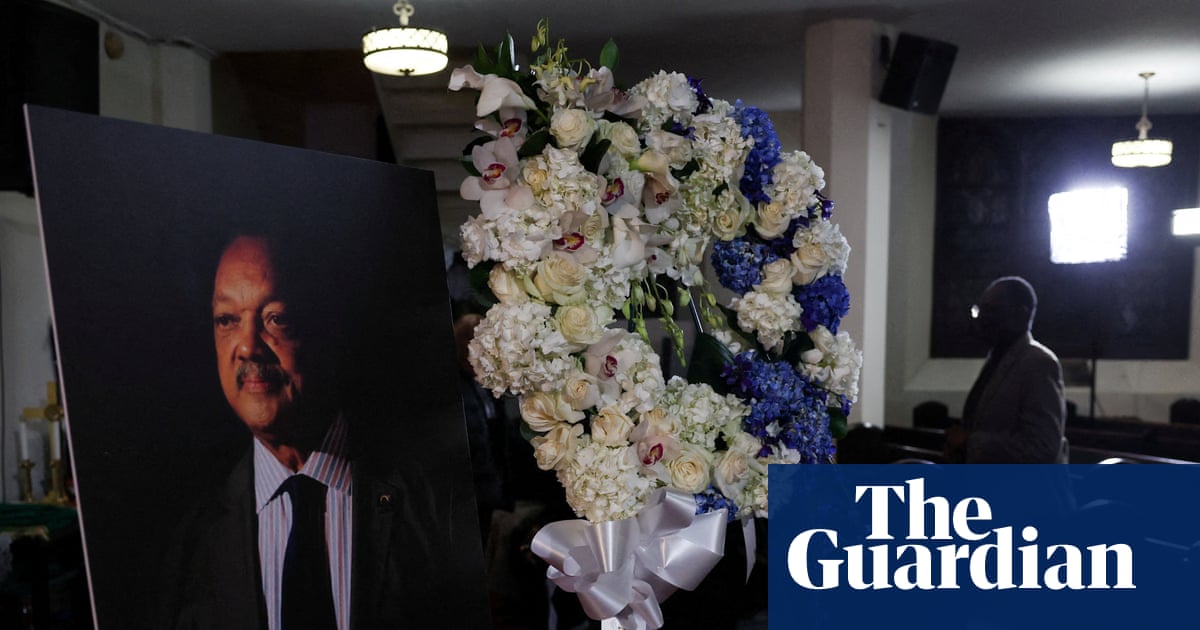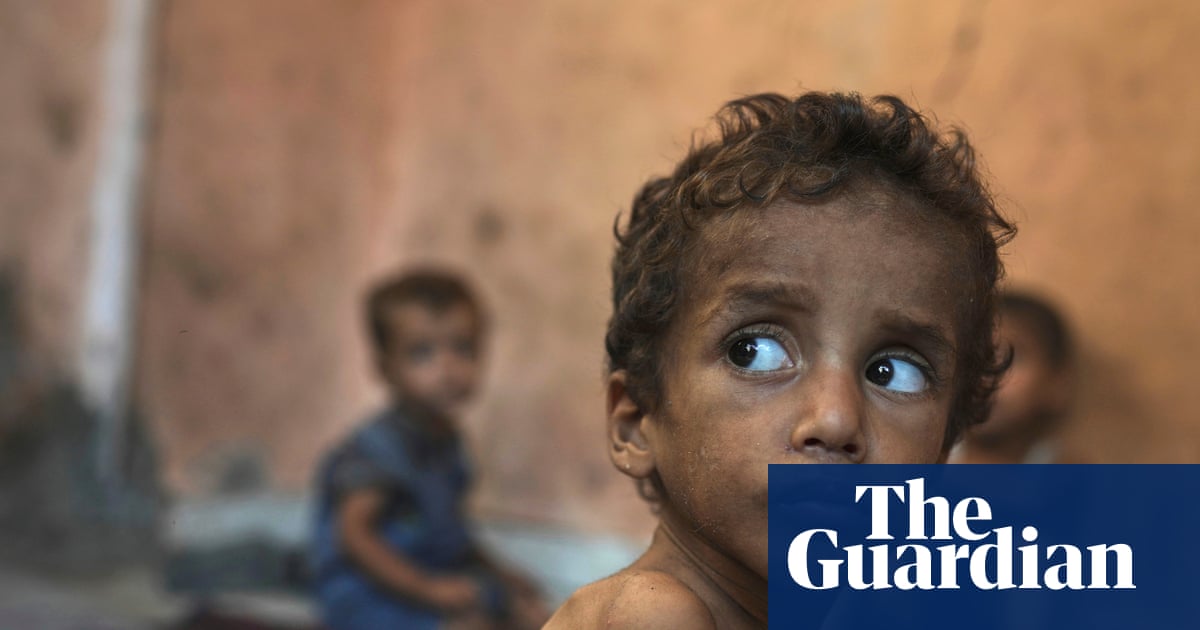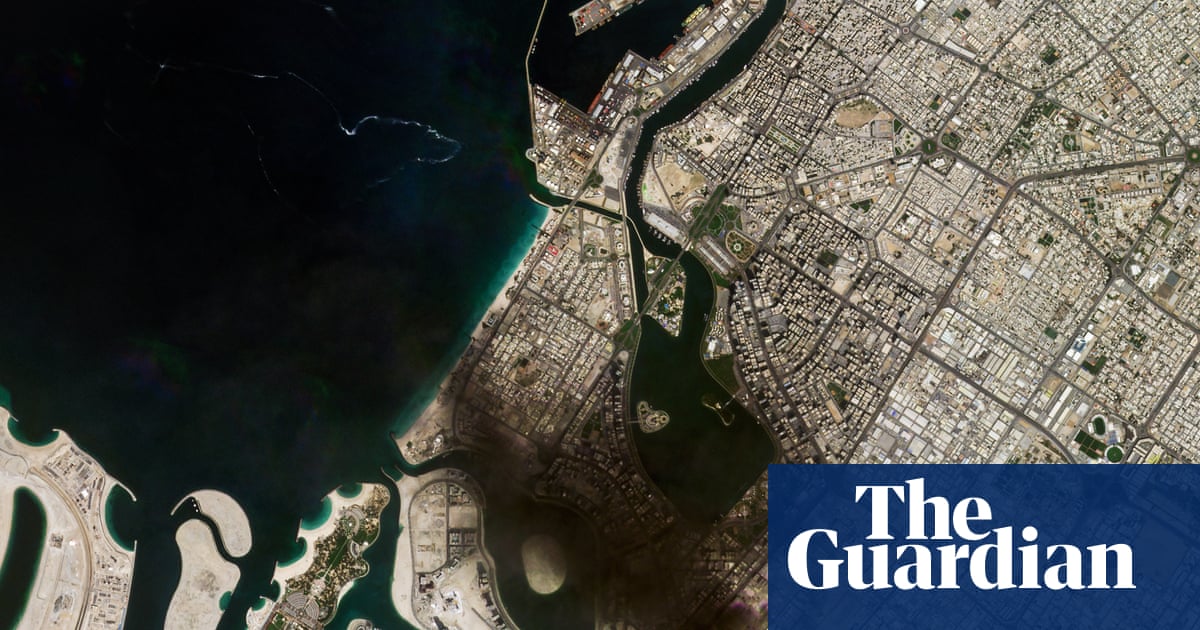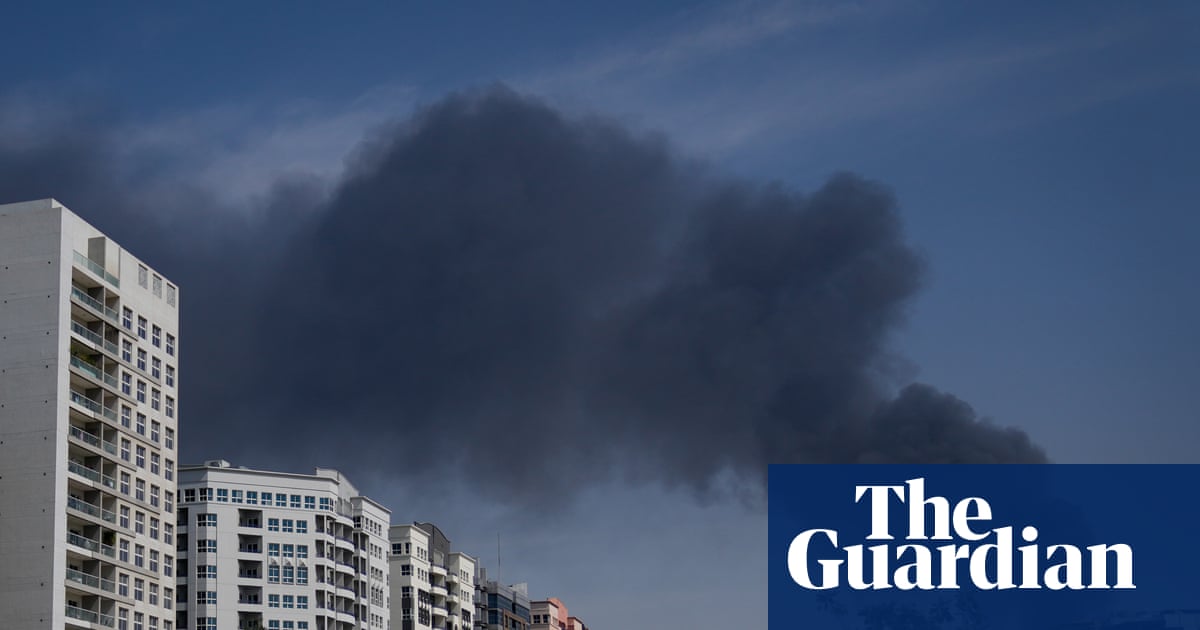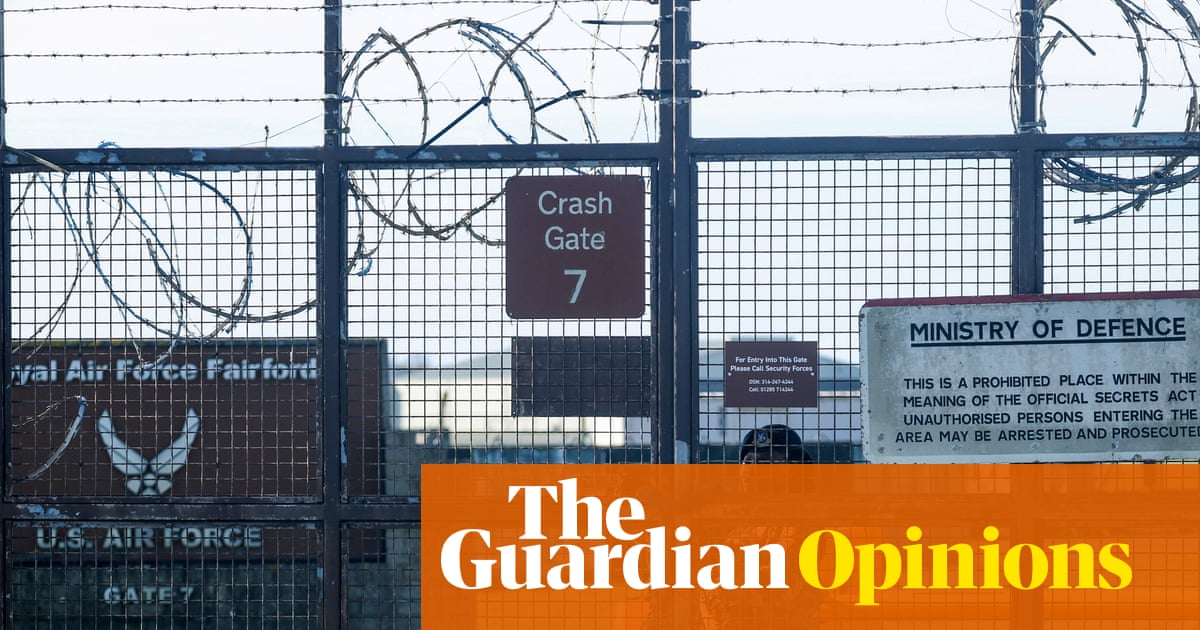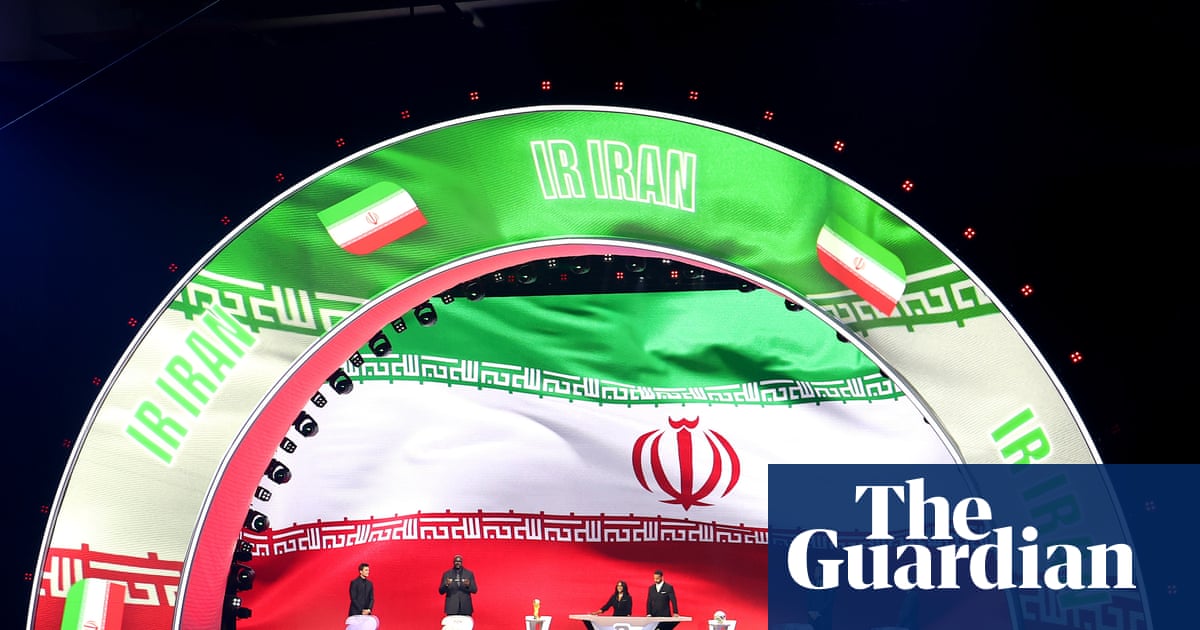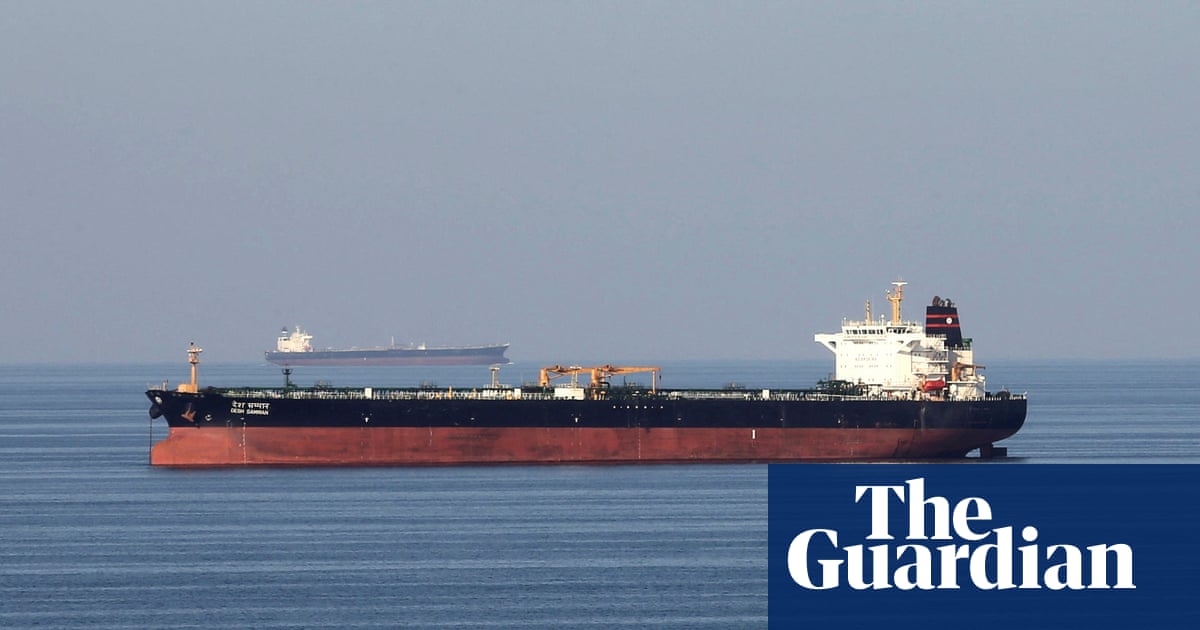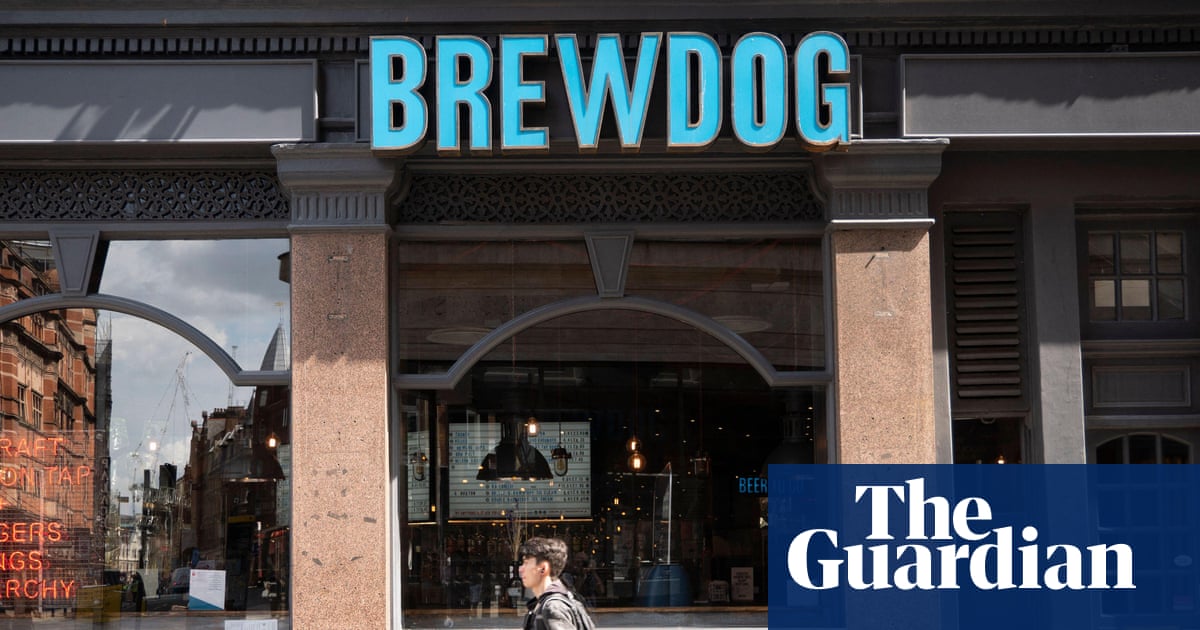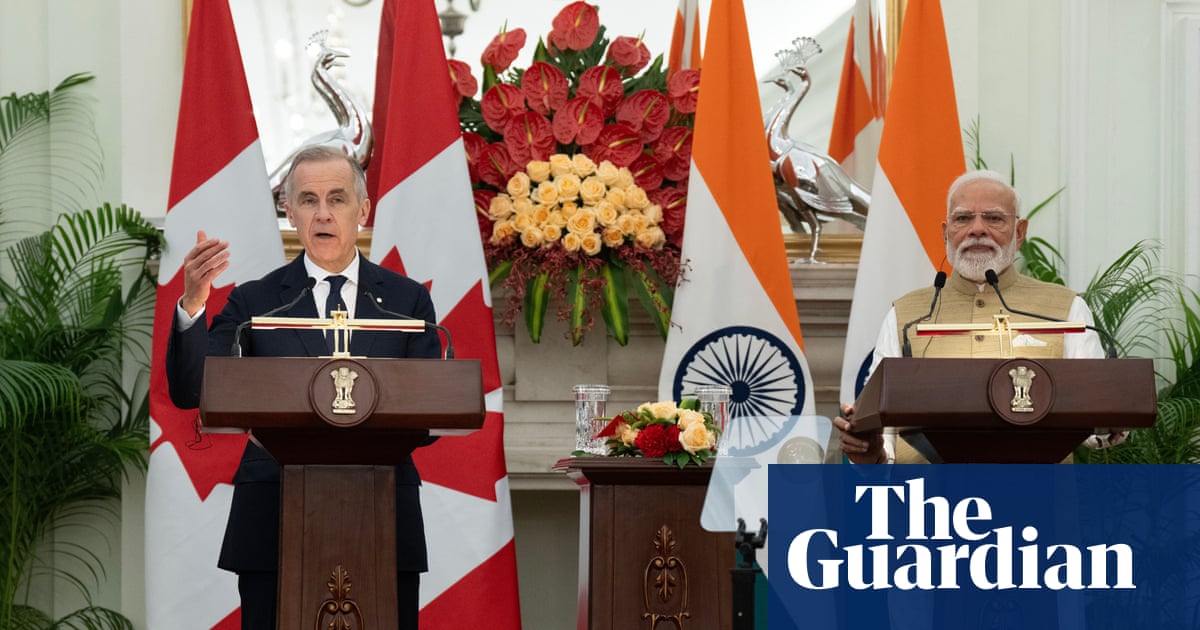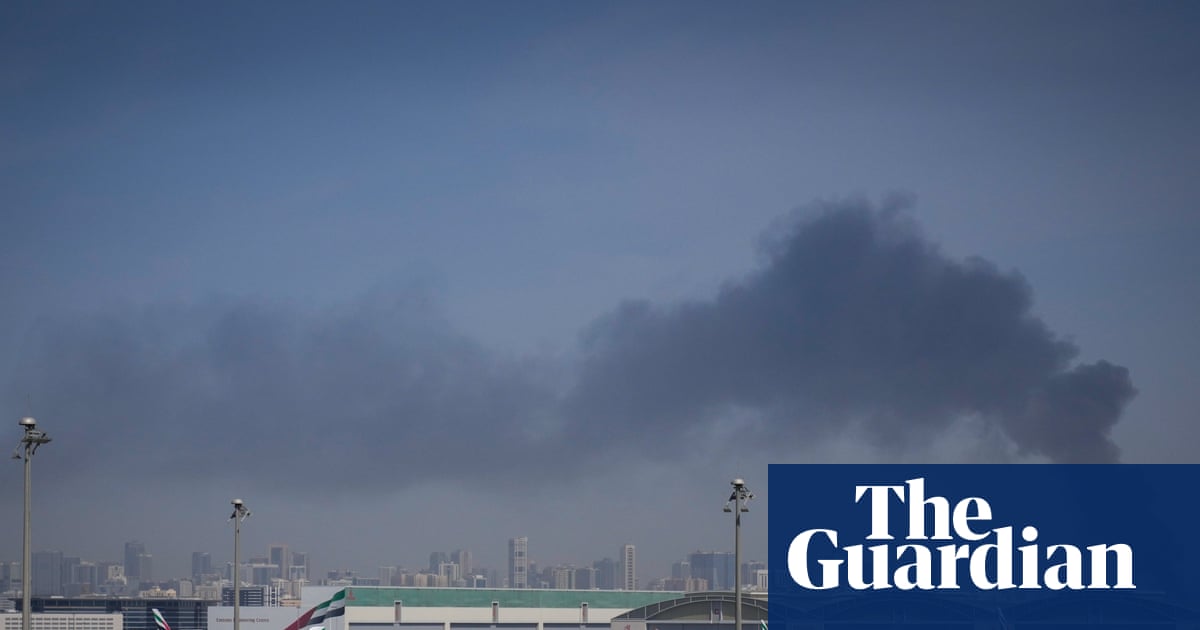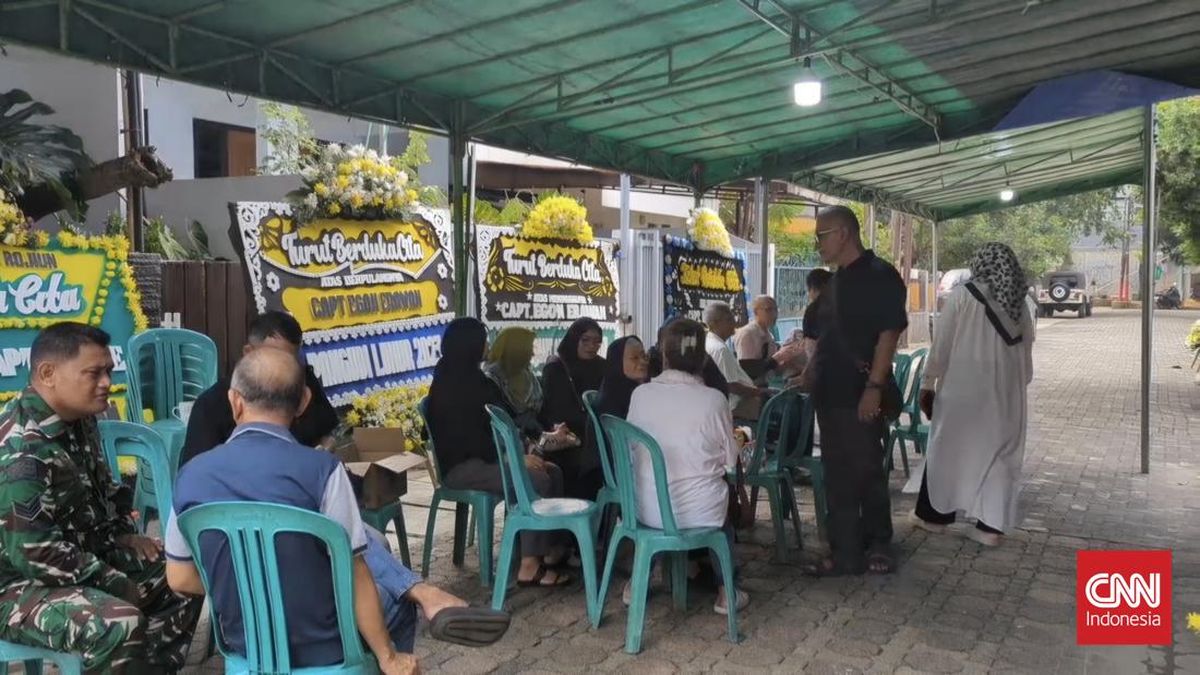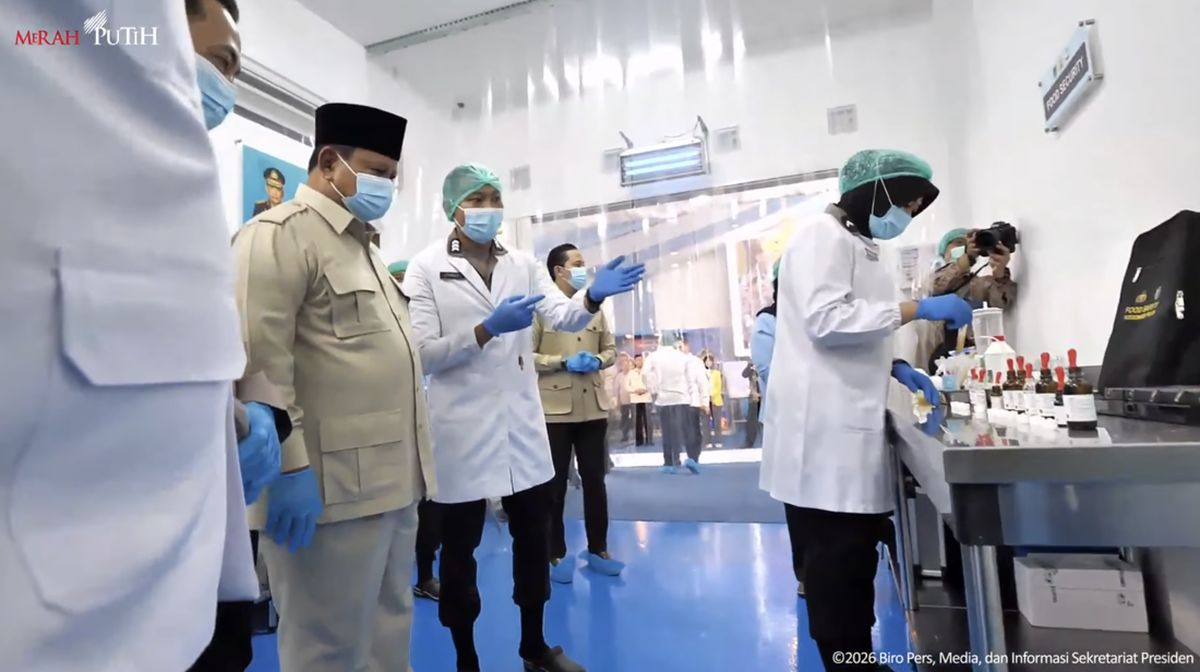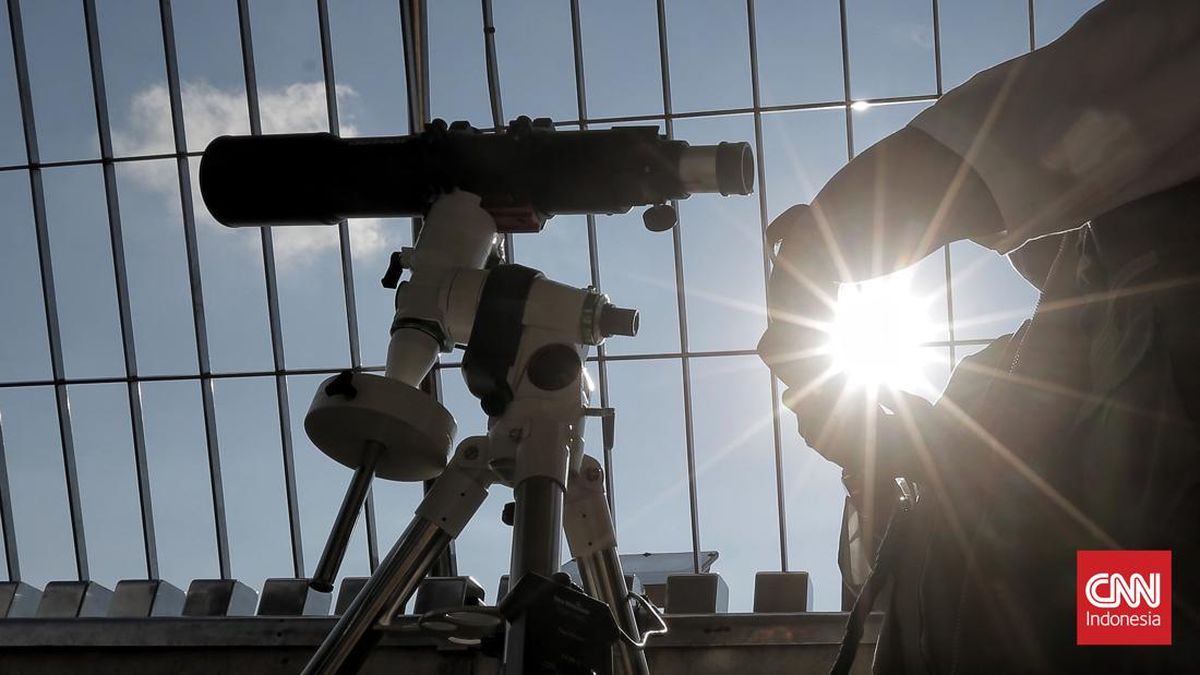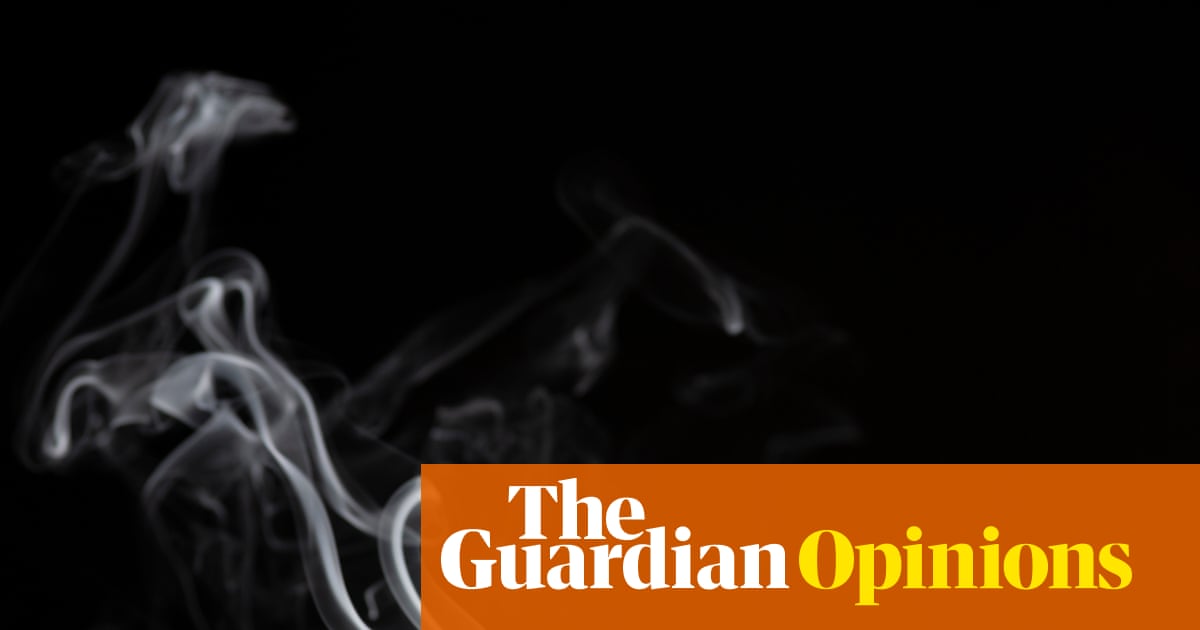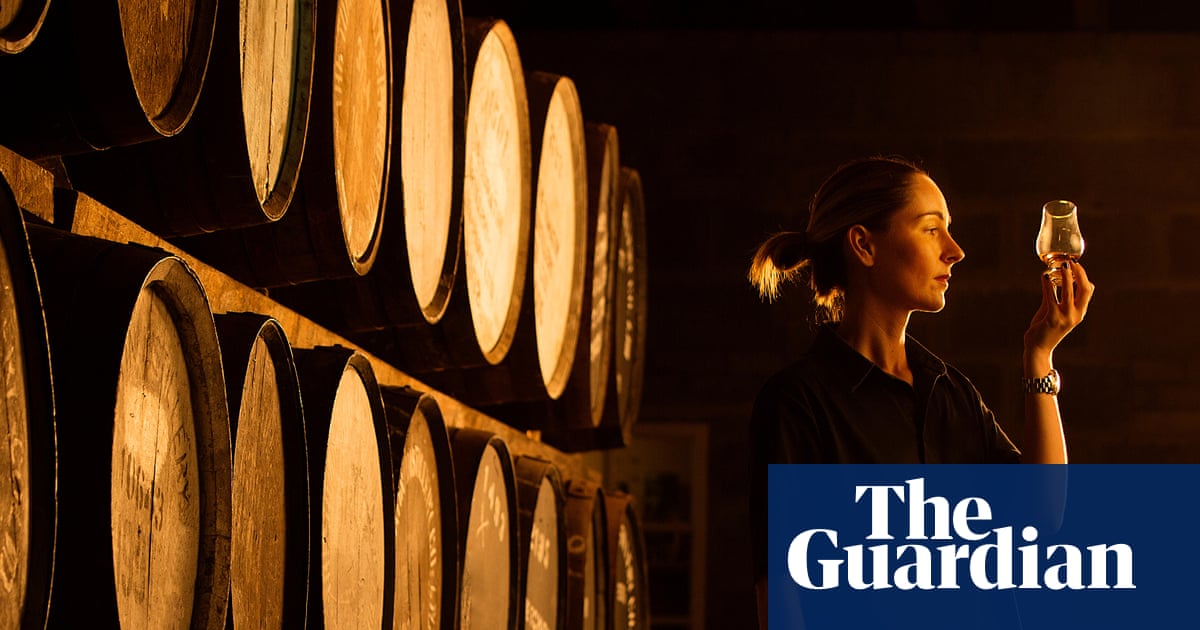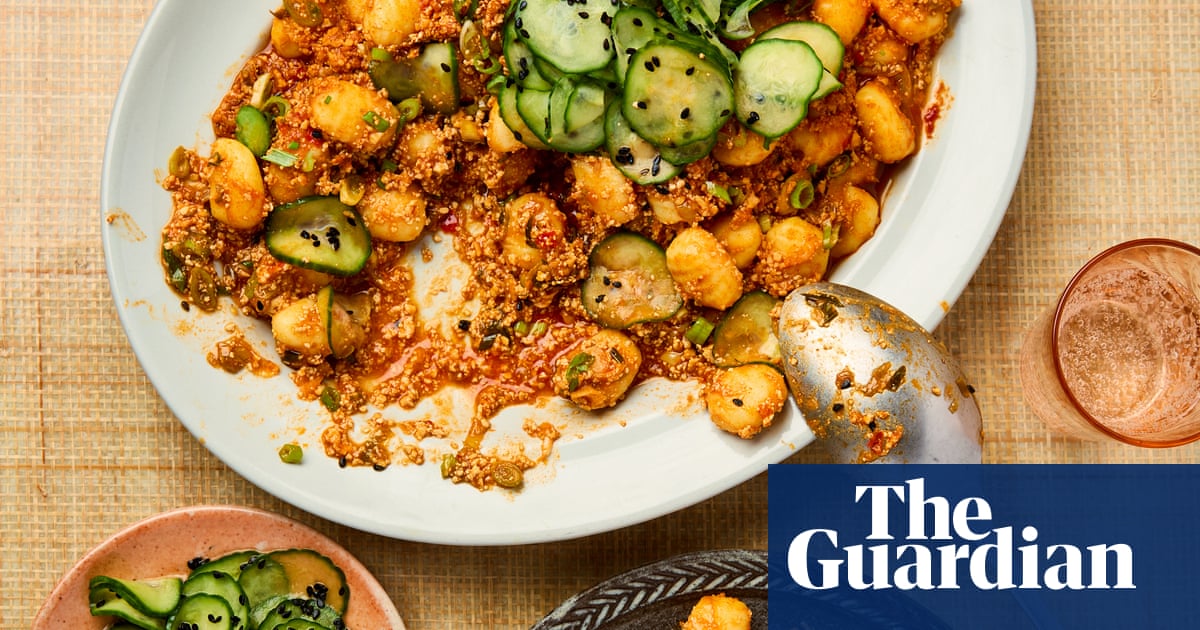Around As-Sawiya, rolling hills covered in fields and orchards rise to a horizon sharp against a pristine blue sky. It is a stunning view. But look closer and it becomes clear why the few thousand residents of this small town in the north of the Israeli-occupied West Bank say they are under siege – and why the olives are still heavy on the trees two weeks after the official date of the beginning of the annual harvest.
From the highest point in As-Sawiya, Mahmud Hassan, the mayor, points out the olive orchards on the other side of the highway below the town. They lie on land owned by local families but are now impossible to reach without risking a potentially fatal clash with Israeli settlers who live in settlements around the town, or with Israeli security forces, he says. In all, about 70% of the town’s olives are currently inaccessible.
“Our olives are everything for us: the backbone of our economy, in our homes, on our tables, in our culture. These last years have brought nothing but misery to us,” says Hassan, 68.
The situation is the same across much of the West Bank. Since the beginning of October, the Palestinian Farmers’ Union (PFU) has logged more than 50 incidents of violence or destruction.
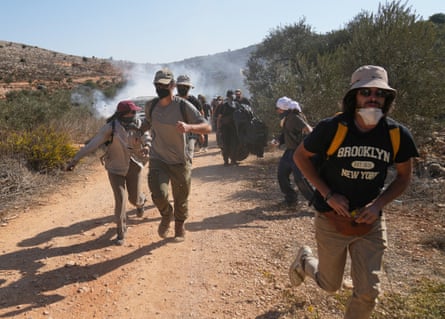
The UN has recorded more: 86 olive harvest-related settler attacks resulting in casualties, property damage or both, including several incidents reported in the days before the official start of the season on 9 October. More than 3,000 trees and saplings have been damaged and 112 Palestinians injured, including 50 by settlers.
“Incidents entailed attacks on farmers inside or on their way to olive groves, theft of crops and harvesting equipment, and vandalism of olive trees,” the UN said. “In total, 50 villages and towns have been affected,” an increase on last year’s harvest when there were 80 incidents in 48 villages and towns that led to the injury of 50 Palestinians.
Records kept by the PFU show incidents of violence have soared fourfold, from three or four daily before the war in Gaza. The most recent attacks are “not random, but deliberate efforts to undermine Palestinian rural life”, the PFU said in a statement.
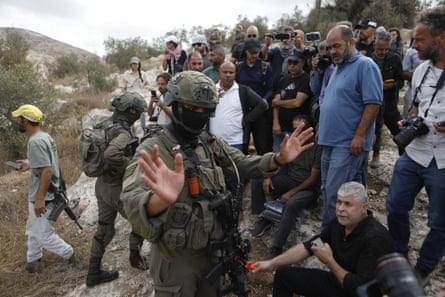
The Israeli settlers in the West Bank are supported by far-right ministers, part of the country’s ruling coalition, the most rightwing in Israel’s history. Last month, a bill introduced by far-right lawmakers applying Israeli law to the West Bank, a move tantamount to annexation, won symbolic but significant preliminary approval by the Knesset.
On every hill around As-Sawiya is an Israeli settlement. Some, such as Eli and Rehelim, have been there for decades, though the exposed dust and rock around them reveals continuing expansion. Others are new, such as the outpost of half a dozen portable buildings established just over 18 months ago on a ridge line to the south, part of a wider, rapid expansion across the West Bank.
In October 2023, a 40-year-old farmer was shot dead on the outskirts of As-Sawiya while picking olives with members of his family on their land near the security fence surrounding Rehelim. Six months later, a Palestinian volunteer paramedic was shot and killed near the town while treating people injured by settlers. Few expect the fragile ceasefire in Gaza to bring relief.
Abbas Milhem, the director of the PFU, said: “The economic impact is very bad for everybody, but there is more than that … the olive tree for Palestinians is not just a tree. It is a source of life, a source of peace. We have been cultivating olive trees in Palestine for thousands of years. It is part of our culture and our existence.”
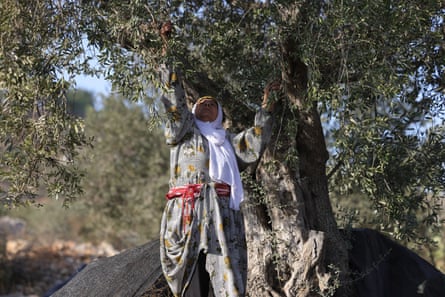
With 110,000 farmers in the West Bank directly profiting from the olive harvest and another 50,000 people earning much of their livelihood from working with the trees and produce, between a quarter and a third of the Palestinian population of the West Bank is affected.
About 60% of olive farmers were unable to harvest their crops in 2023, and about a third last year, according to the PFU’s records. This year, a record 70% will be prevented from harvesting, Milhem expects. The revenue from olives in the West Bank is now a fraction of the $130m (£99m) annually before the war. In As-Sawiya, olive oil production has dropped from 150,000 litres annually to 30,000 litres.
Farmers are also frequently refused permission to harvest their olives by the Israeli military. “Even if we get a permit, they give us one day when we need five,” Hassan says. According to the UN, no requests for access to Palestinian land inside or within 100-200 metres of settlement boundaries in the northern West Bank have been approved, through “prior coordination” with Israeli authorities.
Such decisions are part of a broader attempt to restrict mobility of Palestinians in the West Bank. Most recently, Israeli authorities have placed hundreds of barriers across key access roads used by Palestinian communities, cutting off homes, schools, fields, orchards and clinics for hours or days without warning. At the entrance to As-Sawiya, near the two antique grinding stones once used to produce olive oil, a heavy yellow metal gate awaits installation by Israeli authorities.
The continuing economic crisis in the West Bank, which has been under Israeli military occupation since 1967, means few olive farmers have alternative sources of income. The World Bank said the West Bank’s economy contracted by 17% in 2024.
Not only has Israel withheld vital tax revenues due to the Palestinian Authority (PA), which exercises partial authority over some of the territory, making it impossible to pay salaries to teachers, doctors and bureaucrats, but it has also denied permits to most of the 210,000 Palestinian workers in the West Bank who once earned their livings in Israel. In addition, three-quarters of those working in settlements and industrial zones in the West Bank have been laid off.
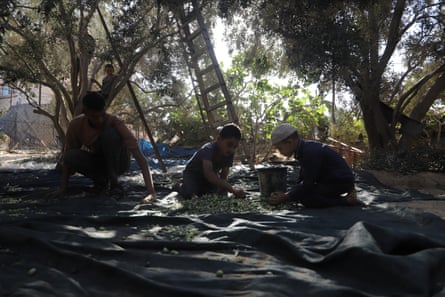
“This is the worst I have ever known. May God protect us from what is coming,” said Mohammed Abdul Hadi, a 68-year-old retired teacher in As-Sawiya whose monthly pension has not been paid in full by the PA since the war in Gaza began two years ago.
Israel’s domestic security service, the Shin Bet, has warned that mass unemployment, failing services and deepening poverty among the estimated 3 million Palestinians in the West Bank could fuel “further escalation”. So too has the US ambassador to Israel, Mike Huckabee, who is an outspoken supporter of Israel’s settlement project.
“If the Palestinian economy were to completely collapse, it won’t be a winning deal for anyone. It would lead to an escalation and further desperation. Desperate people do desperate things,” Huckabee said in an interview.
Israeli officials frequently cite security threats from Palestinian armed groups to justify repression in the West Bank. According to the UN, since 7 October 2023, 59 Israelis have been killed in Palestinian attacks or armed clashes in the West Bank and Israel, including 16 women and five children. Twenty-two of the Israeli fatalities were members of the security forces.
During the same period, more than 1,000 Palestinians have been killed in the West Bank, including in East Jerusalem, of whom one in five were children.
Milhem said: “Harvest should be a time of joy and celebration. This year, we are just worrying about how many will be killed and who they will be.”
Hassan remains defiant. “People are terrified, it’s true … and a lot of our young people are leaving,” he says. “They aim to push us out but we would rather eat grass.”

 3 months ago
57
3 months ago
57




